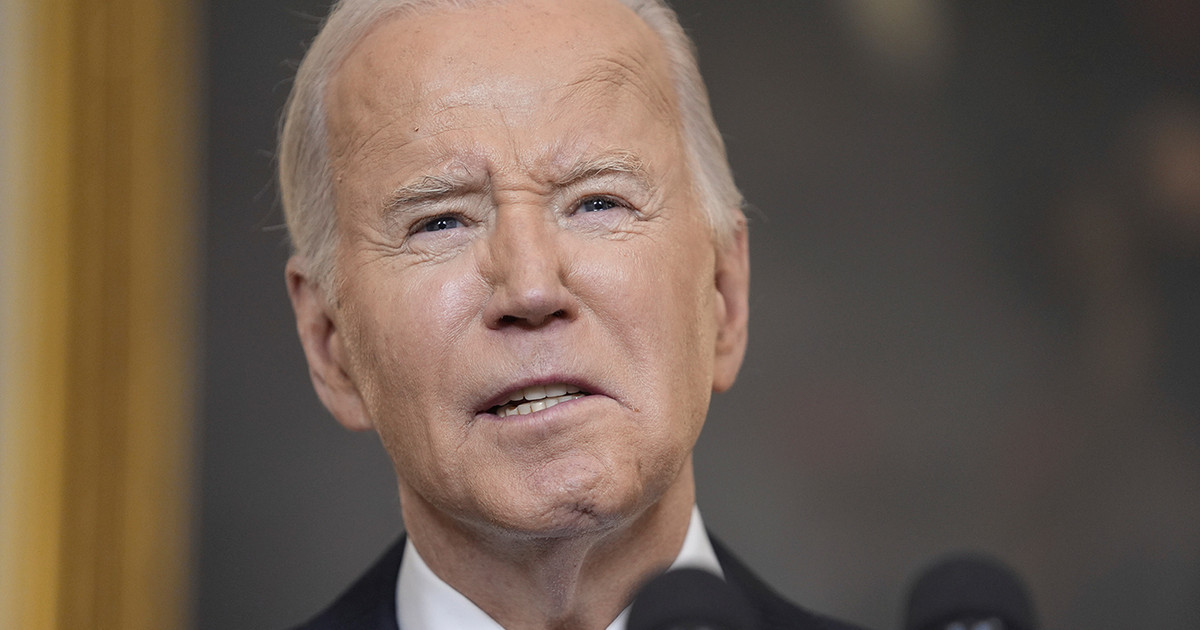Student Dóris Lupiañez is 20 years old and is in the second year of the social sciences course at the Pontifical Catholic University of São Paulo (PUC-SP). She joined the college with the appeal of the Quota Law, which completes 10 years of validity this Monday (29).
For Dóris, this is already the second experience with an affirmative action, because she joined Etec, also through the resource. “I think it was very important for me, because both High School integrated with the technical course and the university are spaces that people I know and who live in the same region as me usually do not have access to”, explains, who is the first family to attend Higher Education.
Law 12,711/2012 was enacted on August 29 and is intended for the population with a family income of up to 1.5 minimum wage per capita. The distribution of vacancies in the racial and disability quota is made according to the proportion of indigenous, black, brown and disabled people in the unit of the Federation where the university or federal institute is located, according to data from the Brazilian Institute of Geography and Statistics (Instituto Brasileiro de Geografia e Estatística (Brazilian Institute of Geography and Statistics) IBGE).
The text of the law provides for a review to date, but experts explain that nothing will be changed if the assessment does not take place this year.
Student Dóris says that her father entered the university through Fies, but was unable to finish his studies, due to issues such as lack of access to a computer and resources for the production of works and permanence in general in higher education.
“I think that residency programs, if they existed in a real way, that reached everyone, could change the history of many people, including my father’s”.
She also says that she questioned herself when using the quotas: “I was in doubt if I would really use them. I put it in my head that I was going to use it, because it was more than my right, due to previous delays. I think I appropriated it after a lot of reflection.”
For the dean of the Zumbi dos Palmares University, José Vicente, the Quota Law represents an important advance in the inclusion of the population and in the search for equal opportunities.
“The measure is a way of combating exclusion and discrimination. When this happened, it was possible to associate the objectives of the country, of racial democracy, to the extent that this is only possible if blacks are achieved with these foundations”.
Vicente emphasizes that before the Quota Law, the assumption of slavery and dehumanization of rights was repeated. “The Quota Law shook the Republic. Brazil has definitely positioned itself in the fight and in the promotion of actions to consolidate this important new moment”.
Resilience
Fernanda Macedo, 27, graduated in law in 2019, is a graduate student in Criminal Sciences, a professor at the National Service for Commercial Learning (Senac) and a lawyer and training consultant.
Born in São Gonçalo, in the metropolitan region of Rio de Janeiro, she is the first in her family to attend Higher Education. In 2013, she tried to get into college through the Quota Law, but she didn’t get enough grades. She managed to get in 2014 at the last call and started classes two weeks after all the students.
Fernanda joined the Fluminense Federal University (UFF), considered elitist, since most students come from private schools.
“I felt a lot of prejudice, because the students knew that I was a quota holder and that I had been reclassified in the last call. I had to be allocated to one of the groups that was already formed and the first work was about the Quota Law. All the students in the group were against the system. I was the only one in favor, but I didn’t even know how to argue why”, recalls the lawyer.
Fernanda explains that she had a lot of difficulty in the subjects and needed to study after school, while other students had fun. The course was full-time, so she didn’t have much time to work. After a few months she got a job as a waitress in a bar from 7pm until 3am.
“It was a very strange environment. I was the only one of my color in the classroom. I didn’t know authors like Durkeim and Weber, who were already common to other students. As I studied in a public school, I didn’t have classes like Philosophy and Sociology, because there was a lack of teachers to fulfill this grade”, recalls Fernanda.
And she highlights: “While basic education is not of quality for all, we will still need the quota system”.
Who goes through similar situations is Doris. As she is in private higher education, she claims to feel the differences daily and the consequent non-belonging to the environment in which she studies.
“There are many events there, the parties that every university student wants to go to. But I, for example, haven’t been to any yet, because I can’t afford to pay for it. So sometimes you see people around you talking about how cool it was, and you feel kind of cut off from that reality, because you realize you’re not going to be able to live with that.”
This feeling of exclusion is not just part of Doris’s life now. When she started technical education, she was faced with demands that had not reached her until then: “I remember that when I entered the computer course, I had never had a computer in my life. So I accessed that space, but what was it like to be there? I arrived and I didn’t know how to turn on a computer, I didn’t know I had a stabilizer, I didn’t know anything”.
Despite the adaptation challenges, the CEO of the Mais Diversidade consultancy, Ricardo Sales, explains that having quota students can be essential and they should not be underestimated.
“It was said that their presence would be harmful to the university environment and that they would have difficulty keeping up with the class. This is not true, it has been proven that these students provide an awareness of diversity among students and that quota students had equal and even higher grades in courses considered to be elite, such as medicine and law”.
After long years of dedication to studies, former quota students may face another challenge for inclusion: the job market. For Sales, there is a lack of strategies to maintain the quota program, to leverage not only studies, but also the careers of the beneficiaries.
“Something that would be important to be done was for the MEC to be able to share its registration of quota students with private companies. Thus, companies would know where to look for these professionals in a faster and more assertive way”, he explains.
success trajectory
The president of the Racial Equality Commission of the Brazilian Bar Association (OAB – SP), Irapuã Santana, joined the law course at the State University of Rio de Janeiro (Uerj) in 2003. The lawyer, who holds a PhD in Procedural Law from the Uerj and former advisor to the minister at the Federal Supreme Court (STF) and at the Superior Electoral Court (TSE), says that he had no doubts that he would use the resource of the Quota Law.
“There was debate at the time about whether it was a form of racism or not, but I was always very pragmatic. I understood that I was black and since the benefit was available, I needed to use it”.
He joined the course a month later than the whole class and remembers that it was very difficult. Despite having studied in private schools in the interior of Rio de Janeiro as a scholarship holder, at Uerj there were students who studied in the five best schools in the city, since the course was very popular.
To give you an idea, Irapuã says that the students were already learning a third language, while he didn’t even speak English properly. “The difference was clear. In philosophy classes, for example, students were familiar with authors like Socrates and his techniques for the exercise of law, and I had no idea what they were talking about”.
In addition to this difference, in terms of education, he had a different context between him and the other students. “To get to college at 7 am, I had to leave home at 4:30 am and the other students took a maximum of half an hour from home to Uerj. So it’s natural that I didn’t have the same performance, as I slept less than they did.”
Irapuã also recalls that in the first year he failed two subjects, but according to what some research says and what he can prove, it normally takes students a year to adapt to the new routine. “After the first year, I was among the best in several subjects.”
Ten years after the law was enacted, Irapuã recognizes that the Quota Law provided a major breakthrough for the job market.
“When I graduated I was one of the few black lawyers in all environments. It was common for people to mistake me for an evangelical pastor, driver or security guard. This still happens today, but to a lesser extent.”
However, he says he believes that racism still exists in the job market because there are few lawyers in large offices. “This is a necessary discussion and one that I defend in the OAB”.
Regarding the revision of the law, Irapuã emphasizes that in article 7 of the legislation, it speaks of revision and not extinction. However, he says he believes that evaluation is very important because every public policy needs an analysis.
He points out that some groups defend the removal of the racial cut from the law, but that this part of the policy has been constitutionalized and, therefore, cannot be weakened. “Even if there is some setback, it is possible to reverse it in Congress”, says Santana.
Source: CNN Brasil






